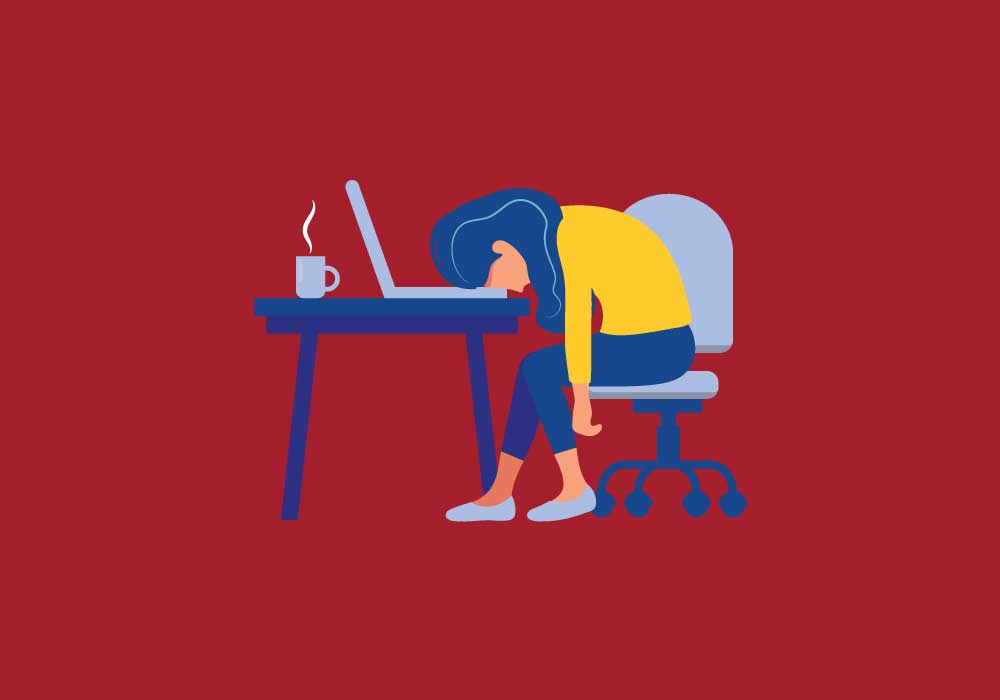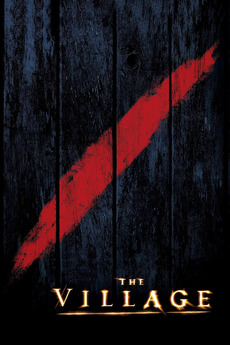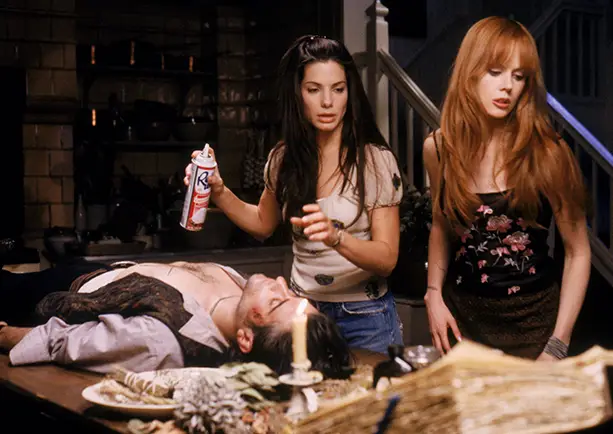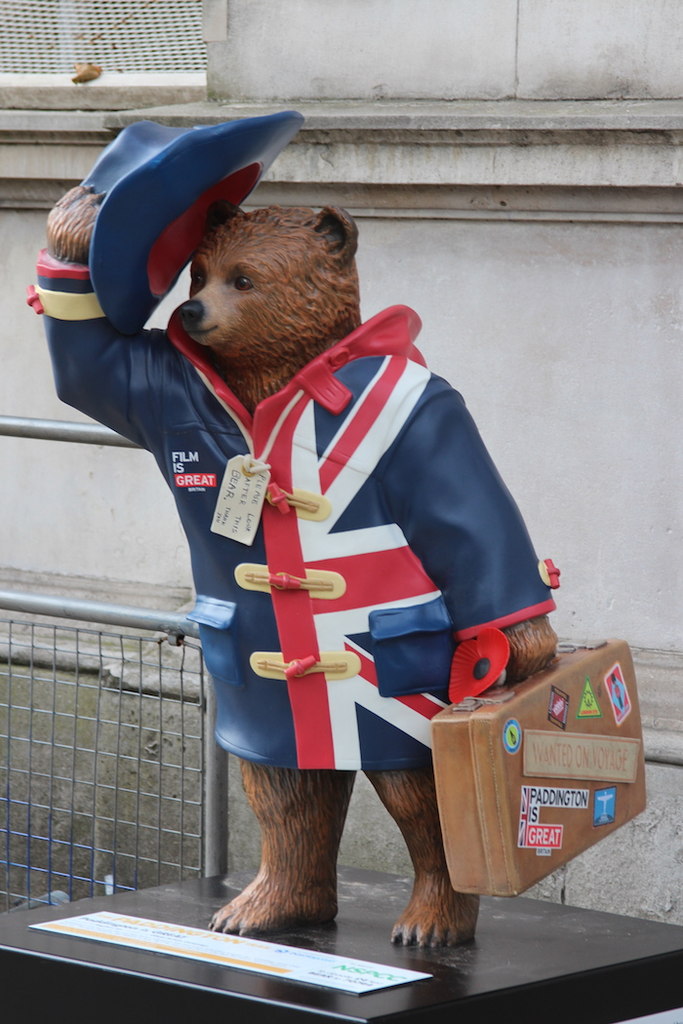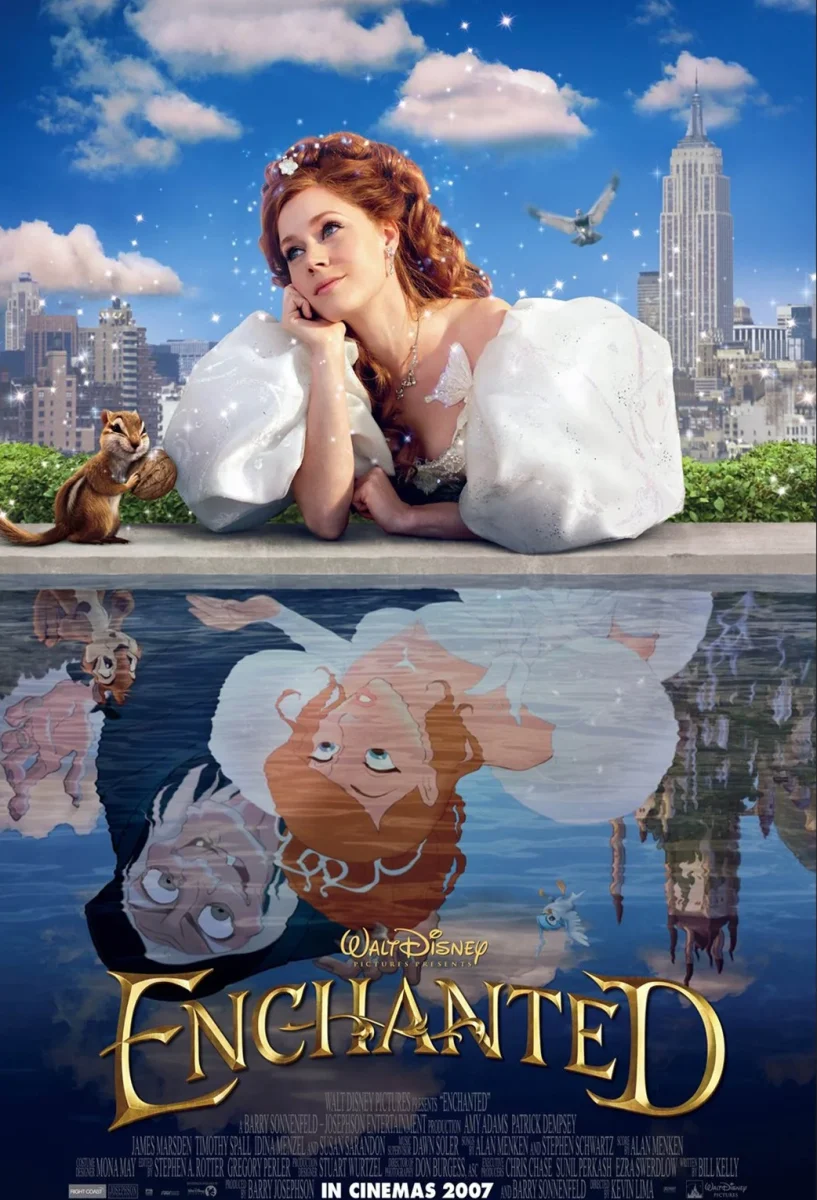For a column called “Diary of a Musician,” there have been very few actual diary entries, which is my fault. I get caught up in the philosophy of it all, the ethics of art, and am overly righteous in my proclamations of the good way to do it. In all my discussions of art and music, one issue of the creative process evades under my harsh and eviscerating eye. I have been a constant victim of my own overthinking. But hark! A solution is on the horizon!
Writer’s block is an interesting phenomenon. The truth is that writer’s block is the effect of tension between your art and your expectations. When you’re sitting at a guitar or a piece of paper, trying to come up with something brilliant, like the music of your favorite artists, suddenly your mind goes blank and nothing seems to come out. In your pursuit to write a certain way, you can’t seem to squeak out any ideas. Even the words you begin with seem stupid; ‘I’m’ is so cliche!
However, this expectation is a destructive force that disintegrates the development of your styles and conceptions. The harm of these thoughts stretches across all artistic mediums. Many artists have spoken about the process in different mediums and talked about how to break out of writer’s block. Dan Harmon of “Community” and “Rick and Morty” fame has said, “The reason you’re having a hard time writing is because of a conflict between the GOAL of writing well and the FEAR of writing badly.” The fear of being bad stops the reactive process. As long as creating something “good” is the end goal, you’ll end up continuously stuck when you begin. One of my favorite YouTubers, CJ the X, describes this phenomenon as a battle between expectation, skill, and, most importantly, taste. CJ posits that because your consumption of art precedes your engagement with it, your taste will be leagues ahead of your skill. You know what is good and are hyper-aware of what you have created that is not good, which creates dissatisfaction. At that point, you need to reevaluate why you pursue art. If art is a chance to achieve greatness, then paradoxically, you must get rid of that need to become great.
The cure for this is simple: stop trying to write something good.
When you are at that place, write about the first dumb thing that comes to your mind: the weave of your jeans, the scratch on the floor, the wheeze after every breath. Writing about seemingly stupid things is a practice every artist or songwriter should indulge in.
Here are some helpful tips for how to break out of your musical rut:
First and foremost, your taste and experience are the realms of possibility in which you can play. If you have a limited understanding of who came before you and the state of the field of music, then you don’t know what you don’t know. Your taste and experience will always be the capacity for which you can create. If you are experiencing creative block when making music, try to subvert and expand your taste. Listen to things outside your wheelhouse, and–incredibly importantly–listen to stuff you hate. What you dislike are the markers of your taste, and they inform you of what tendencies you lean towards within your music. Music is also often used as an identity marker, but trying to adhere to this marker is just another expectation blocking you from getting to the true art of it. Removing yourself from labels can open your mind to new sounds and perspectives.
Secondly, you should change your goal to orient this exploration. Instead of trying to create something good, exercise your muscles of taste and make something bad. This may be the most helpful practice you can engage in as it allows you to expand your writing past inspiration, which is a fleeting thing. In music, there’s a myth of the “authenticity of art” being captured in a performance where practice is foregone. This myth is flawed, and music is not exempt from the need for refinement. The body cannot express the purity of the emotions you’re trying to convey unless you’ve been taught to move how you want it to. Therefore, practicing while writing something purposely bad enhances your listening period and taste expansion by solidifying it in the body. When you dedicate a better understanding of how sounds interact and what makes the difference between good and bad art, the enhanced knowledge often opens your eyes to new tools and modalities that you, as an artist, can play with.
Overall, Creativity is a muscle, and to exercise it is to bring in new possibilities. Your inability to create usually signals that it is time to explore new horizons with new tools. Being aware of your own mental state and body and bringing in new inspirations to your musical practice will snap you out of your rut every time.

